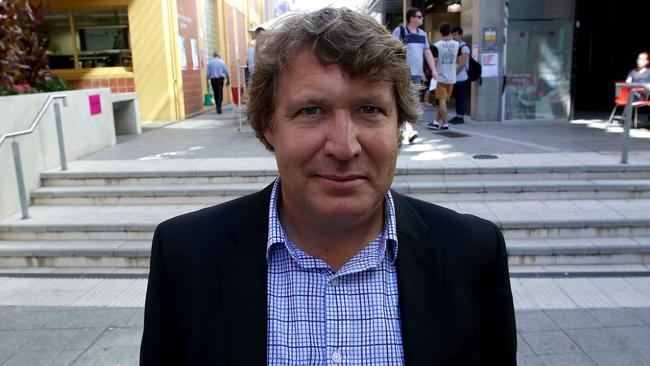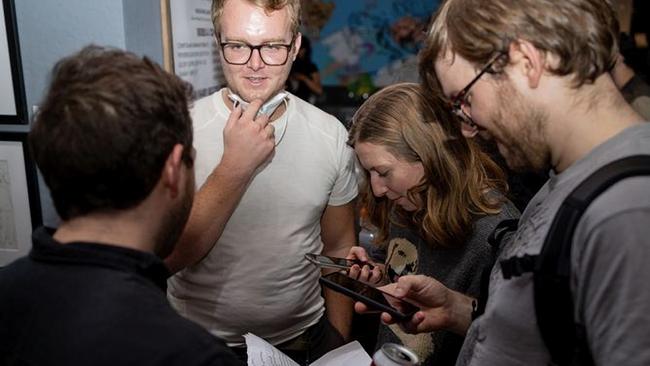Schools face “existential questions” over AI chatbots
Australian schools are unprepared for how artificial intelligence will change the school system.

Trying to block school students’ access to artificial intelligence text-generation tools such as ChatGPT is a mistake, the country’s leading digital education experts say.
As Australia’s state education departments scramble to deal with new “generative AI” tools that can write unique essays or answer complex questions with a single line of prompt text, some educators have suggested exams and assignments might have to be done in class, with pen and paper or laptops that are offline.
But director of the Centre for Change and Complexity in Learning at the University of South Australia George Siemens said blocking ChatGPT on school computers was the “wrong decision”.
Teachers across Australia required urgent training on artificial intelligence literacy, he said.
“Here we have what’s potentially an amazing tool that can give us new insights into creativity, into divergent thinking processes. Using ChatGPT to begin writing a story or a novel or an academic paper is the right use,” he said.
“(But to do that) there should be a focused effort at a state level and even a national level in building rudimentary AI literacy in school populations, primarily in teachers.” He said it could be done in short courses, starting immediately.

Professor Siemens said Australia’s state education departments were not ready to manage the risks of ChatGPT on learning and would need to grapple with “existential questions” about what they were teaching and how they were assessing students.
“There’s a risk to the existing structure of both teaching and assessment as a result of tools like ChatGPT,” he said.
“The really core problem is: if something like ChatGPT can create plausible, impressive text in seconds, for near zero dollars, why are we teaching that in schools and what should we be teaching instead?
“And if it can be easily cheated and duplicated, then is it really assessing quality learning on the part of students in the first place?”

Monash University education professor Neil Selwyn said blocking tools like ChatGPT wouldn’t be practical or healthy because it stopped students and teachers learning to work with it.
“I wouldn‘t ban it from any schools. I would get schools using it, playing around with it, understanding it and learning to work with it, and working alongside it,” he said.
“Some bits of text writing can be automated. And that’s just a discussion we need to have … What do we think really needs to be written by a real living person, be it a student or a teacher?”
There are growing calls for a statewide or national approach to the best way to use AI in schools, with schools mostly given the autonomy to manage the technology themselves.
A spokesperson for the Queensland Department of Education said: “Schools develop their own policies regarding the use of AI by students. These policies should outline the acceptable and unacceptable uses of AI, as well as any consequences for violating these guidelines.”
ChatGPT was already blocked for all students on the department’s network as a result of an automatic filtering platform for new sites. The department was also working on enhancing the software to better detect AI in developing assignments and essays, the spokesperson said.
Most state education departments admit there are risks around students misusing AI and said they “continue to monitor the situation”. A spokesperson for the Department of Education in South Australia said it had employed a range of assessment methods including oral, written and performance, to limit the risks of AI.
Professor Selwyn said leaving it up to individual schools to come up with their own policies on new AI technology created an “equity problem” where the most technologically savvy schools got ahead.
“We do need a bit more oversight, not just regulation, but also support and help from other agencies and governments so schools can make the best decisions.
“But it’s not a one size fits all.”







To join the conversation, please log in. Don't have an account? Register
Join the conversation, you are commenting as Logout